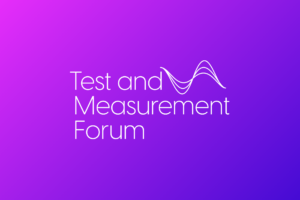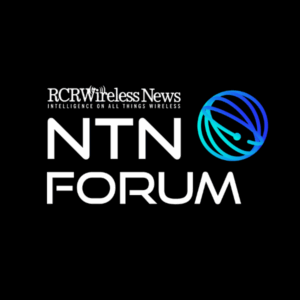The Alaska Supreme Court affirmed a state ruling awarding an AT&T Inc. equipment installer total disability and medical benefits as a result of health problems tied to exposure to radio frequency radiation levels deemed to be slightly above those set by the Federal Communications Commission.
The state high court’s decision to uphold Alaska’s Workers’ Compensation Board has potentially major implications for the mobile phone industry, the tower business and other wireless sectors, according to a consumer advocacy group specializing in wireless health issues.
“This decision is significant because the FCC RF limit is designed to keep people from being heated, and ignores evidence of other adverse biological effects at much lower levels,” stated The EMR Policy Institute.
The group added: “This precedent-setting case opens the door for any wireless industry or maintenance worker who has been exposed to antenna arrays on the job site that have not been shut off to file disability claims should they suffer similar cognitive and neurological symptoms. U.S. wireless service providers are not required to document compliance with FCC RF safety limits by on-site radiation measurements. Millions of workers occupy worksites on a daily basis where operating antenna arrays are camouflaged and where no workplace RF safety program is carried out.”
The mobile phone industry already faces a handful of health lawsuits, with a ruling expected soon on six brain cancer suits filed against wireless carriers, vendors and others in the Superior Court of the District of Columbia.
The Alaskan wireless facility at issue involved the installation of a new computer-operating switching system in the Eagle River earth station, but the legal and policy issues are nonetheless relevant for wireless health across the board in the telecom sector.
“We are still reviewing this opinion to determine our options,” said Walt Sharp, an AT&T spokesman.
29 April






